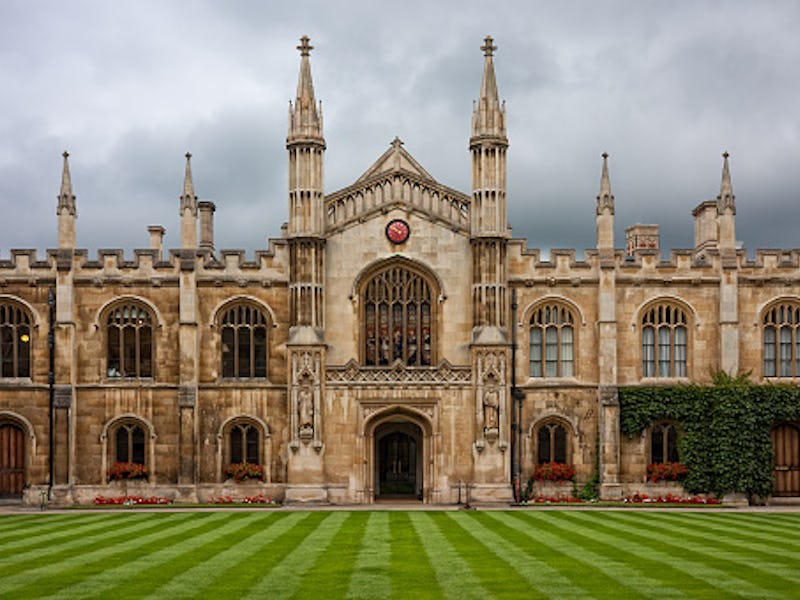Wikipedia College Rankings Quantify Contributions of Research Universities
Researchers ranked the world's universities by how important each school's research is to the global knowledge database.

A new ranking of the world’s most influential universities uses an indexing of Wikipedia citations to determine the importance of each school’s research. While the results are thick with the U.S. News & World Report’s usual suspects, the researchers managed to establish a quantitative measure of a school’s influence by wielding the PageRank algorithm that Google famously pioneered and sneak in a few surprises.
Instead of counting how frequently papers written at different universities are cited on Wikipedia, the authors of the ranking determined how frequently these citations were linked to by other parts of the Wikiverse. Therefore, a paper describing the mating rituals of an obscure fungus, linked to by only one or two pages, will receive fewer points than one that unlocks atomic physics and has hundreds of pages directing to it. Universities with a greater number of influential papers rise higher in these rankings.
This process parallels Google, which determines how high to place a link relevant to a search based on how many sites link to that particular page. In fact, PageRank is named after Google founder Larry Page.
The reliance on important research is the list’s greatest asset as well as its weakness. It gives historically influential universities an undue boost over schools that have become preeminent in more recent years. Cambridge and Oxford, which top the Wikipedia list, have slid on other lists over recent years. Still, University of Michigan and UCLA made the top 20 so the system didn’t cut out public institutions (Moscow State FTW).
But the most significant issue with the ranking is the inherent bias for English-language universities. The research team included the articles of 24 language editions, for a total of about 68 percent of the entire site. While an extraordinary effort, 30 percent of all pages, particularly in historically underrepresented languages, are a glaring hole.
Researchers used a Google-like algorithm to index how influential the universities are on Wikipedia.
We may question the need for another college ranking system, but these scientists do seem to have developed a uniquely mathematical model for judging at least the reach of a school’s research. And it’s another point in their favor that they don’t claim to know the best schools, simply the most influential by research. Liberal arts schools with a ‘focus on teaching’ rejoice!